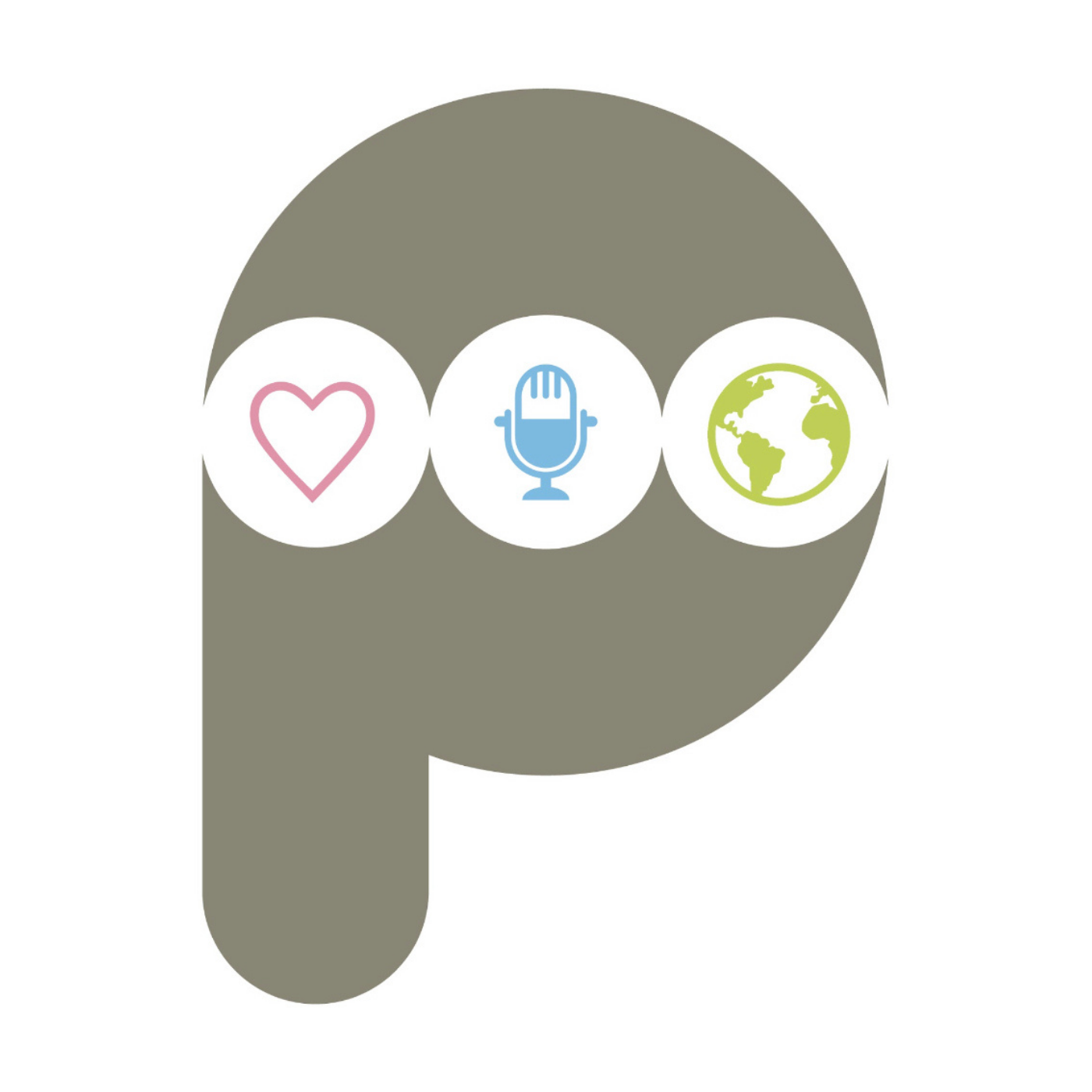The Pandemic and Student Mental Health: The Relationship Between COVID-19 and Social Anxiety
Student social anxiety increased during the pandemic.
By Alejandra Ramos
As we all know back in 2020, there was a nationwide lockdown where all schools were shut down and everyone having to be quarantined in their own home. We were all expecting to be quarantined for two weeks but as days went by a virus was spreading drastically causing us to stay in longer than we'd expected.
I’m sure we’re tired of hearing about this virus… COVID-19. The reason why it’s still being talked about is because it impacted everyone either mentally or physically.
As a college student, I’ve seen many changes among my peers and myself including an increase to our social anxiety.
A research study had college students take an online survey during the sixth month of the lockdown in order to find the serious consequences for mental and psychological health and well-being. Lockdown fatigue occurred mostly among young adults due to stopping all activities and social isolation (Labrague, 2021). It has proven that young adults are the ones who have high levels of lockdown fatigue because compared to other ages they value social connectedness and engage more in social activities. College students are at a point in their lives where being with friends and peers have a positive effect on their mental health. For this reason, the loss of connection resulted in an increase of mental health problems such as anxiety and depression.
Another research study had participants take an online survey before the COVID-19 pandemic in early February of 2020 and then take the same survey during the outbreak of the pandemic in March of 2020. The COVID-19 pandemic has shifted social patterns and affected everyone’s social skills because of the restrictions and limitations of human contact. For this reason, more people have become less verbal in person and have depended more on technology for communication such as emails, phone calls, etc. (Lee Hyun, 2021). As time went by, we have all gotten used to communicating virtually instead of in person therefore our social anxiety has risen whenever we go out of our home.
Not only that but most people have depended on social interactions to have a sense of belonging, but due to the limitations of the pandemic it has also affected their mental health as a result of feeling lonely and afraid to make friends in real life. The reliance on media and different methods of entertainment have been lifestyles that the pandemic created. Survey data constantly reflects that the development of depression, anxiety, insomnia, etc. are all factors that have been continuously developed due to the constant attachment to technology (Daimer et. al, 2022). Social isolation was an experience that not everyone had experienced before, therefore we didn’t know how to handle it. The results of this research concluded that there was a decrease in percentages of emotional connection and an increase of anxiety because of the long-term effects of these shifted communication and social patterns. Most people find it hard to go to social gatherings since they lack social skills that they’ve lost during the pandemic.
With the major adaptation of being socially isolated, we now lack social skills and we are less likely to engage in social settings. Our feelings of social anxiety have heightened and now we have to learn how to cope with it and hopefully the transition of coming back to social settings will be easier.
References
Daimer, S., Mihatsch, L. L., Neufeld, S. A. S., Murray, G. K., & Knolle, F. (2022). Investigating the relationship of COVID-19 related stress and media consumption with schizotypy, depression, and anxiety in cross-sectional surveys repeated throughout the pandemic in Germany and the UK. ELife, 1–32. https://doi-org.ezproxy.csusm.edu/10.7554/eLife.75893
Labrague LJ, Ballad CA. (2021, October). Lockdown fatigue among college students during the COVID-19 pandemic: Predictive role of personal resilience, coping behaviors, and health. Perspect Psychiatr Care; 57(4):1905-1912. doi:10.1111/ppc.12765
Lee Hyun, J., Luchetti, M. (2021). Perceived changes in social contact during COVID-19 pandemic in the United States, Personal Relationships, 29(1), 59-76. https://doi.org/10.1111/pere.12413

